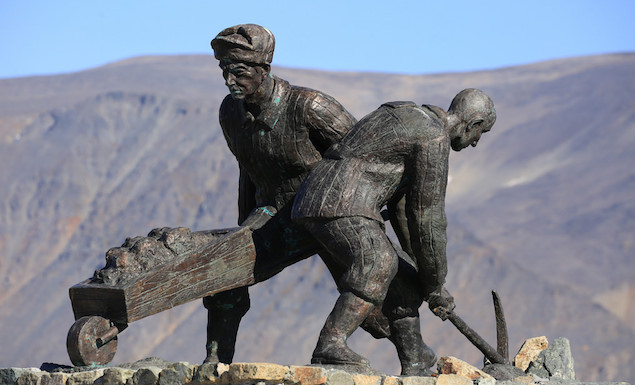CHAPTER THIRTY-FIVE
The Gulag
Following the Mouseketeers gathering, I made my way through connecting corridors with Marlys’ trailing not far behind me. My mind abandoned vital business, which I had discussed in detail at the meeting. Instead, my attention was concentrated on what might occur when we both came together at my door. I was not going to deny her again, if that is what had happened before.
















Best movie I’ve watched since Thirty Days of September! Picked up on it yesterday from chapter eleven. Sure glad it was Sunday, otherwise I may have gotten nothing done today. First thing I found this morning was a new chapter of Thirty Days. What a way to start the day! Good to hear you’re recovering well. Take your time and listen to the women watching over you. As much a we, as men don’t appear to like it, they usually know what’s best.
Thanks Jack, I am taking as much care as I can.
Appreciate the support as I go through…
Semper fi,
Jim